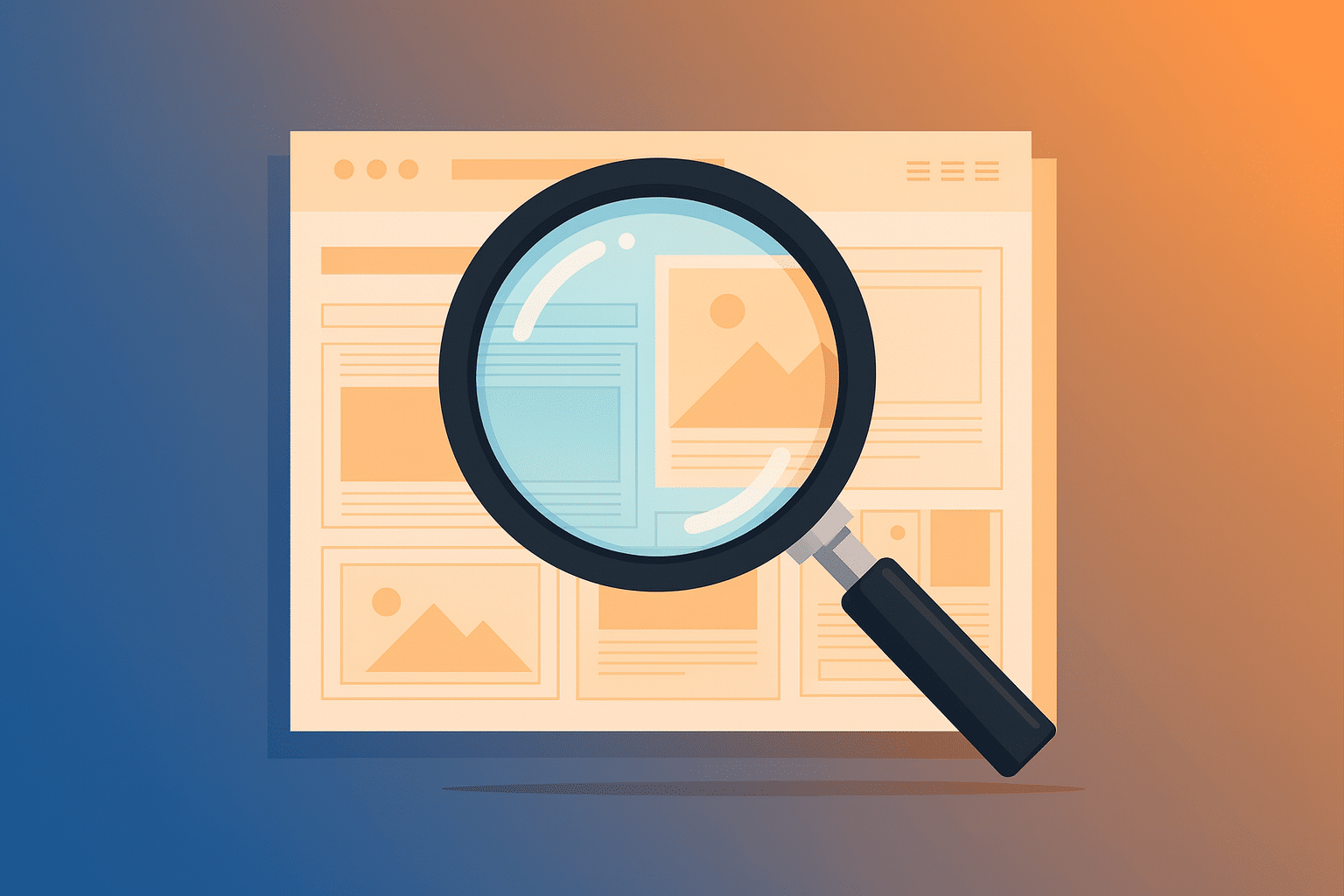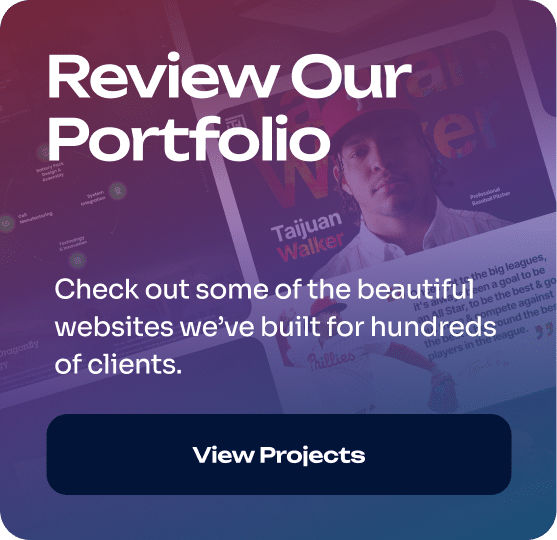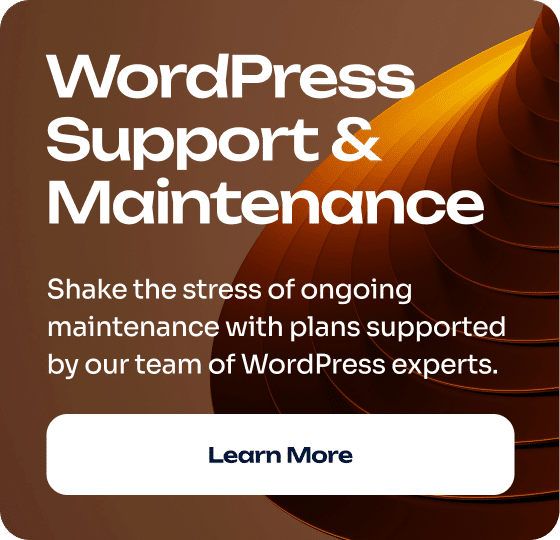Business owners and marketing managers face a minefield when selecting web design partners. The wrong choice costs thousands in revisions, missed opportunities, and technical headaches.
Smart companies ask the right questions upfront. Here’s what separates professional agencies from pretenders.
Why Do Some Websites Cost $7,500 When Others Quote $750?
The biggest shock comes during initial pricing discussions. Many clients expect professional custom websites for $500 or fall for “rent-a-website” schemes promising monthly payments with no upfront costs.
This overlooks the real work involved.
A professional custom web design project requires several phases: discovery, design, and development. Each demands significant hours from skilled specialists.
The design phase alone takes 10-20 hours just for the homepage. Add other pages and mobile versions, and you’re looking at substantial time investment. Development in WordPress by experienced professionals easily requires 40 hours or more.
Cheaper alternatives mean cutting corners. Template use. Skipping planning steps. These shortcuts create inferior products and higher long-term costs when clients demand fixes.
The math is simple: professional work requires professional investment.
What’s Your Design Process Before Development Starts?
This question separates real professionals from code-first operations.
Professional agencies like Sage use a “design-first” approach with tools like Figma. The entire website gets designed and approved before any coding begins. Desktop and mobile versions get mapped out completely.
Think of it like building a house. You need architectural plans and blueprints before framing and electrical work starts.
Developers that skip this phase and go “direct to WordPress” for design create endless problems. You’ll face constant back-and-forth, increased costs, and high risk of dissatisfaction.
Designing in Figma allows easy iteration and feedback. Every element gets controlled and perfected upfront. This prevents costly revisions during the expensive development phase and ensures the final product matches your vision.
Ask to see their Figma process. If they don’t have one, find someone who does.
How Do You Handle Website Hosting and Ongoing Management?
Many businesses focus on design and ignore the foundation that keeps everything running.
Effective managed WordPress hosting goes beyond storing website files. It involves proactive, professional management for long-term success, security, and performance.
Key elements include:
- Regular updates to WordPress core, themes, and plugins
- Uptime monitoring and performance optimization
- Daily off-site backups to prevent data loss
- Premium web security and threat monitoring
- Dedicated support with guaranteed response times
“Cheap” hosting at a few dollars monthly provides minimal resources and lacks security features. Multiple websites get crammed onto shared servers, increasing hack risks and slow loading speeds.
Professional managed hosting costs more upfront but prevents significant financial losses from downtime or security breaches. It’s about securing your digital foundation.
The hosting question reveals whether an agency thinks long-term or just wants to complete projects and move on.
Should We Prioritize SEO or Paid Advertising for Quick Results?
This question uncovers an agency’s marketing knowledge and honesty.
While SEO matters, the industry contains many charlatans making nonsense claims. It’s an “unlicensed, unregulated Wild West” where companies promise page one rankings and significant traffic for low monthly fees like $399.
Here’s the problem: Ranking number one means nothing if it doesn’t generate conversions. Phone calls. Emails. Purchases.
Businesses seeking quick results should prioritize paid advertising over costly, long-term SEO efforts. Google Ads and social media ads offer immediate visibility, target high-intent users, and provide guaranteed results for driving qualified traffic.
SEO should be a “last 20%” investment after robust paid media generates revenue.
Smart agencies recommend paid ads first, SEO later. They focus on revenue per session and conversion rates rather than vanity metrics like impressions or irrelevant keyword rankings.
Are You a Full-Service Agency or Do You Specialize?
The “one-stop shop” model sounds convenient but often delivers mediocre results.
When a single person or small team claims expertise in web design, logo design, billboards/magazines, social media, and more, quality suffers. True expertise requires thousands of difficult lessons learned over years of focused work.
It’s unlikely anyone masters everything.
Specialized agencies control their entire process and deliver exceptional results. You get designers, developers, and system administrators each wearing the right hats and excelling in their fields.
One-stop shops create scope creep and accountability problems. When issues arise, who’s responsible for what?
Quality agencies openly communicate their capabilities and limitations. They partner with other specialists rather than promising expertise they don’t possess.
How Do You Handle Client Feedback and Project Changes?
This reveals communication style and project management approach.
Professional agencies practice direct, honest communication. They’ll say “no” to requests that harm the project’s success.
You’re hiring them for expertise and process. Dictating that process leads to poor outcomes.
While client feedback matters, professionals guide you toward the best results. Even when that means disagreeing with initial ideas.
This honesty prevents scope creep, delays, and frustrations. Projects move forward efficiently when everyone understands their role.
Look for agencies that listen but also educate. They should explain why certain approaches work better and provide clear reasoning for recommendations.
Early disengagement becomes an option if fundamental problems emerge during onboarding.
Who Actually Owns Our Website Domain?
Domain ownership seems basic but creates massive risks when handled incorrectly.
Not owning your domain directly from the registrar poses serious threats. Hackers can gain access, transfer ownership, and demand $30,000-$50,000 ransoms. Some delete domains entirely.
Your website represents your main vehicle for business success. It’s your online presence, brand, and livelihood.
Protect digital assets by ensuring direct domain ownership and control. Implement two-factor authentication on critical accounts like domain registrars, email, and hosting.
Don’t grant full administrative control to a single person or vendor. Decentralize access to prevent internal or external threats.
Ask agencies about their domain management practices. Red flags include vague answers or pressure to let them handle everything.
What Makes Your Web Design Service Different from Cheaper Options?
This question forces agencies to articulate their value proposition clearly.
Quality web design services combine several factors that cheaper alternatives skip:
Expertise and Experience: Teams with collective decades of experience, not “jack of all trades, master of none” freelancers.
Defined Processes: Clear, iterative design and development workflows that prioritize feedback while maintaining professional standards.
Custom Design: Unique, bespoke designs tailored to your vision and industry rather than generic templates.
Attention to Detail: Meticulous care for every element from fonts and imagery to mobile responsiveness and functionality.
Proactive Management: Ongoing hosting services ensuring security, performance, and timely updates.
Partnership Approach: Vendors who care about your business outcomes, stay accessible, and provide honest advice even when it means turning down work.
Transparency: Clear pricing and deliverables with client education on service value and required investment.
Quality services provide headache-free experiences. You focus on core business operations while experts manage and optimize your online presence.
How This Affects Your Bottom Line
Asking these questions upfront prevents expensive mistakes and project failures.
The wrong agency choice creates:
- Budget overruns from poor planning
- Extended timelines from process confusion
- Security vulnerabilities from cheap hosting
- Marketing waste from wrong strategy focus
- Ongoing frustration from communication problems
The right agency delivers:
- Predictable costs and timelines
- Professional results that convert visitors
- Reliable technical infrastructure
- Strategic marketing guidance
- Long-term partnership value
Key Takeaways: What to Do Next
- Set realistic budget expectations for custom work ($10,000-$15,000 minimum)
- Require Figma design process before development starts
- Prioritize managed hosting over cheap alternatives
- Focus on paid ads first, SEO second for quick results
- Choose specialists over generalist “one-stop shops”
- Ensure direct domain ownership and security setup
- Value honest communication over agreeable responses
Professional web design requires professional investment. The right questions reveal which agencies deliver real value versus empty promises.
Frequently Asked Questions
How much should a professional custom website actually cost?
Professional custom websites typically cost $5,000-$15,000 minimum for quality work. This accounts for 20-40 hours of design work plus 40+ hours of development, project managers, and quality assurance. Anything significantly cheaper likely cuts corners on design, development, or planning.
What’s the biggest red flag when evaluating web design agencies?
Agencies that skip the design phase and go “direct to WordPress” create the most problems. Without proper Figma mockups and client approval before coding, you’ll face endless revisions, cost overruns, and dissatisfaction with the final product.
Should I choose managed hosting or save money with cheap alternatives?
Managed hosting prevents expensive problems down the road. Cheap hosting lacks security features, crowds multiple sites on shared servers, and provides minimal support. The upfront cost difference is small compared to potential losses from hacks, downtime, or data loss.
Is SEO worth investing in immediately for new businesses?
No. Prioritize paid advertising first for immediate results and measurable ROI. SEO should be a “last 20%” investment after paid media generates revenue. Many SEO companies make unrealistic promises for low monthly fees without delivering business impact.
How can I protect my website domain from hackers?
Ensure direct ownership of your domain through the registrar, not through a vendor. Enable two-factor authentication on all critical accounts. Don’t give full administrative control to any single person or company. Domain ransoms can reach $30,000-$50,000.
What questions reveal an agency’s true expertise level?
Ask about their Figma design process, managed hosting practices, and domain ownership policies. Request specific examples of custom work and their approach to client communication. Professional agencies provide detailed, confident answers backed by established processes.
How do I know if an agency will deliver quality work?
Look for teams with collective decades of experience, defined design-first processes, custom design capabilities, and transparent pricing. They should act as partners who care about your business outcomes, not just project completion. Quality agencies aren’t afraid to say no to requests that harm the project.
What’s the difference between template-based and custom web design?
Custom design creates unique layouts tailored to your brand and goals, requiring extensive planning and development time. Template-based design adapts existing layouts with your content and branding. Custom work costs more but provides better differentiation and functionality.
Should I prioritize the cheapest quote or focus on other factors?
Focus on value and expertise over lowest price. Cheap quotes often indicate corner-cutting, template use, or hidden costs that emerge later. Professional work requires professional investment, but it prevents expensive revisions and delivers better business results.





